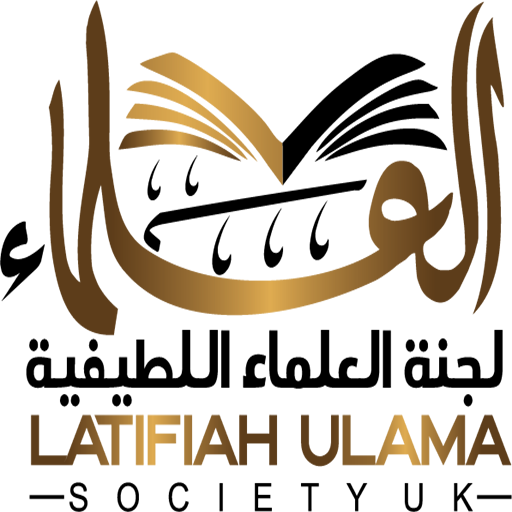Marriage Ceremony (Nikah)
The nikah is a Religious Islamic Marriage Ceremony in which a contract is concluded according to Islamic (Shari’ah) Law between a Muslim male and female in which they both willingly agree to enter into the institution of marriage.
The marriage involves obligations and rights of both bride and groom toward each as other ordained by Allah and His Prophet, Muhammad (peace and blessings be upon him). Fulfilling the terms of this contract is a religious obligation and duty rewarded in this world and hereafter whilst violation of it constitutes a religious sin.
Bride and Groom
The bride and groom should both enter into the contract of marriage willingly, without any coercion. The contract of marriage is a simple declaration made in the past tense. Hence when asked whether they have accepted their partner in marriage, they will be required to say they have (in the past tense). This will be explained by the Imaam/Scholar conducting the ceremony.
Guardian and Witnesses
The conditions of marriage are four: the willing consent of both parties, two upright witnesses, a wali (guardian) for the bride (usually the father), and an agreed mahr (dowry). If this is all in order, specific verses are recited, supplications made and well as advice given to both parties and the guests. The vows are taken by the couple and this concludes the ceremony.
The nikah ceremony is performed by an appointed Imaam/Scholar in the presence of two male witnesses. They will also need to bring identification with them.
The guardian for the bride must also be present. In the absence of the father (if he is deceased), the paternal grandfather or any mahram relative can take this role.
Mahr
Mahr (dowry) is the amount to be paid by the groom to the bride at the time of marriage (nikah). It is one of the conditions of marriage and is a gift from him to her to spend as she wishes. There is no specific amount set for the dowry and is something that suggested by the bride and mutually agreed upon. It can be cash, jewellery or any other valuable gift. The mahr is the right of the wife, and it is not permitted for her father or anyone else to take it except with her approval.
The sum for mahr would vary according to local customs, but it is recommended for the sums to be reasonably small.
There are two ways of presenting the mahr to the bride. One is to hand it over at the time of the marriage, in which case it is known as mahr mu’ajjal, or promptly given. The other is called mahr mu’khar, or delayed.
Marriage registry form
You must contact us at least two weeks before the ceremony to register for marriage so we book an imam/scholar who can conduct the Islamic Marriage Ceremony (Nikah).
Download a copy of marriage registry from
Documents Required
It is essential to bring the following documents for the meeting for both groom and bride:
- Original Civil Marriage Certificate
- Conversion Certificate for new Muslims
- Islamic divorce or Absolute Decree (if either partner has previously been married)
Please note that witnesses are also required to bring their proof of identity, preferably passports.
Proof of Name, Age & Nationality
- Valid passport – or –
- National identity card – or –
- Certificate of registration or naturalisation
Proof of Address
- Valid full UK driving licence – or –
- Utility bill from the last 3 months – or –
- Bank or building society statement from the last month – or –
- Council tax bill from the last 12 months – or –
- Current tenancy agreement

